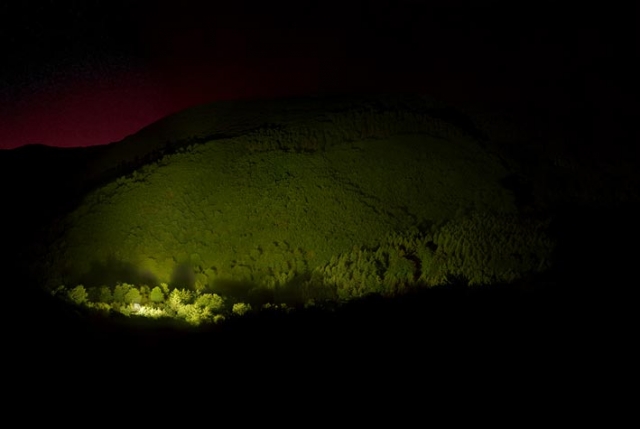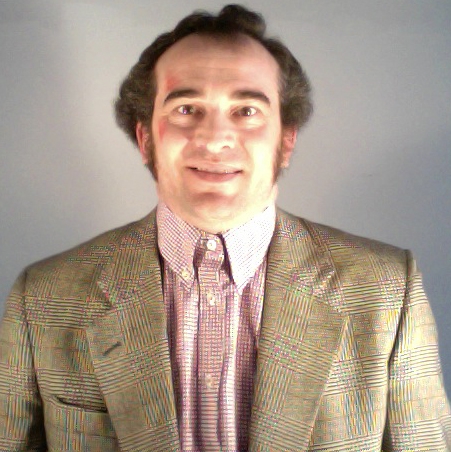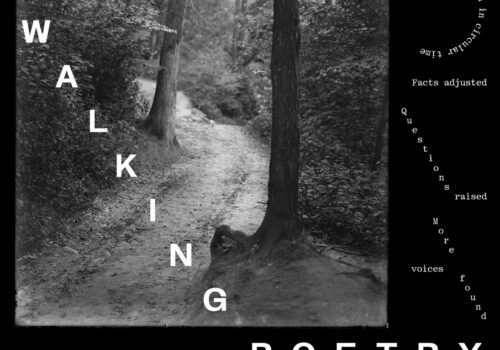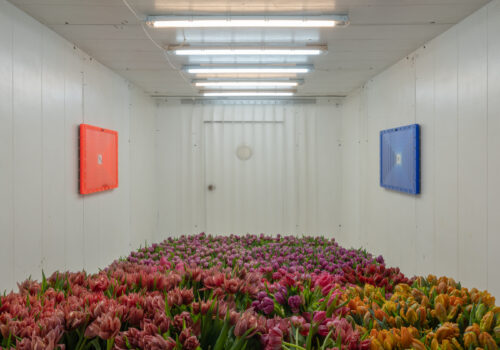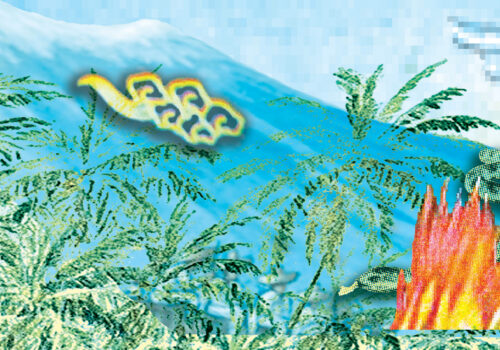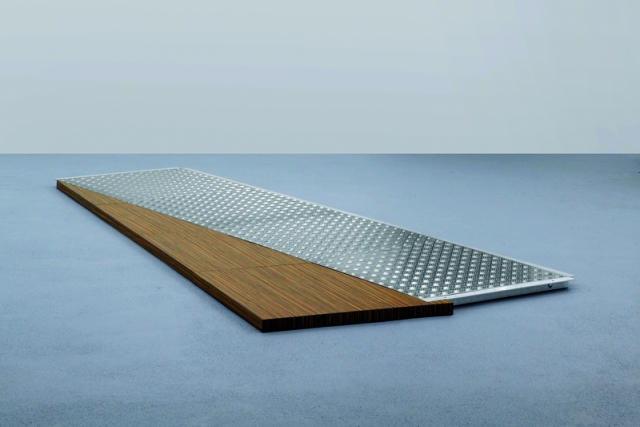ISCP TalkJune 1, 2010
Salon: Carlos Irijalba (Spain) and Gaël Peltier (France)
Carlos Irijalba studied Fine Arts at the University of the Basque Country and UDK Berlin. His work analyzes the way in which Western culture constructs a circuit of the real that loses all outside
references and becomes entirely self-contained. Major themes in his work are the society of the spectacle, the insignificance, the noise and the general conformity on contemporary culture. In his recent works Twilight (2008-9) and Unwilling Spectator (2009-10), Irijalba plays out the gap between relative time and space and the subjective experienced reality.
Gaël Peltier presented The Artist, Apologizes, an original performance. Peltier’s research deals with a set of notions related to the construction of the image, and specifically to the intrinsic temporality of the “image-movement.” They belong to the field of “expanded cinema,” in which simultaneous practices compose a body of work that materializes through objects, photographs, films and performances. This practice uses its own systems of depiction to indicate with acuity, to show the origin, and the source of these realities’ recording. It thus questions the complex relations it maintains between and among the works. This work shows a confused dimension, assented suspension of credulity, which is not unrelated to the experience of fiction. However it is more complex because the structural element expresses its commitment to the reality of the act, of the performance. The viewer is led most of the time on the threshold of objectivity, which induces a demystification in the process of depiction.
